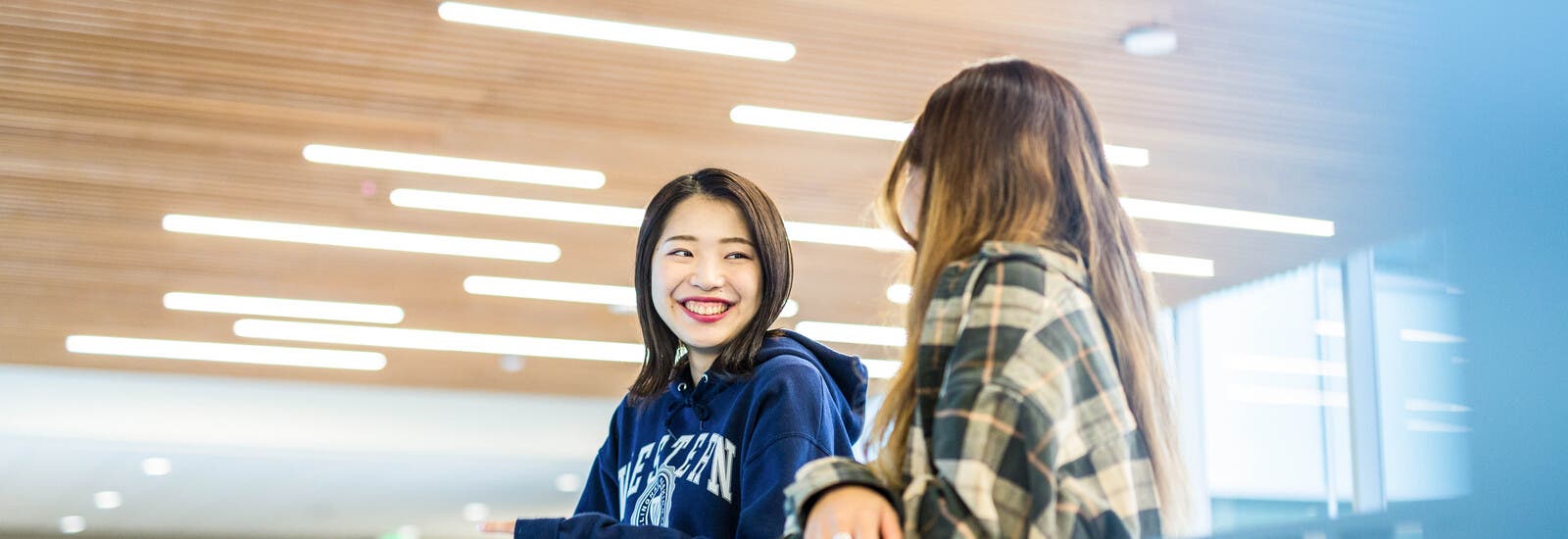USA visa information
Visa support for studying in the USA
Once you have been accepted on a programme and paid your deposit, your university will issue an I-20 from the United States Citizenship and Immigration Services (USCIS). You can then apply for a visa to study in the USA.
Your I-20 form is issued by the university and is valid for the entire duration of your studies.
Which visa do I need to study in the U.S.?
The most common visa for academic study in the United States is the F-1 student visa. While there are other visa types that may be permitted for certain study programmes, the F-1 visa is typically used by individuals attending accredited U. universities or intensive English language programmes.
When should I begin the visa application process?
You should begin the application process as soon as you have received all the necessary documents. Applying early allows plenty of time for processing. In most cases, you won’t be able to schedule a visa interview until you receive the I-20 form. Once your visa status is confirmed, inform your Student Enrollment Adviser. Be sure to let them know when you’ve scheduled your appointment and share the outcome afterward.
How do I apply for a student visa in my country?
To apply for a U.S. visa in your country, you must first receive an I-20 form issued by your chosen university. This document includes your SEVIS number, which is required to book your visa appointment.
While the student visa application process is generally similar across countries, some steps, such as paying the visa application fee or scheduling an interview, may differ depending on your location. Visit the website of the U.S. Embassy or Consulate where you plan to apply to understand the exact procedures.
What should I do to prepare for the visa interview?
Before attending your interview at the U.S. Embassy or Consulate, you must pay a SEVIS fee to the US government, along with a visa application processing fee. The process for paying this fee varies depending on the specific embassy or consulate.
Make sure you bring the following documents to your interview:
- Your valid passport
- Your I-20 form (the visa-qualifying document)
- Evidence of your ability to cover your educational and living expenses*
- Documentation showing strong ties to your home country
- Proof of payment for the SEVIS and visa fees
- A completed visa application form (follow the U.S. Department of State instructions carefully to ensure accuracy)
*You must present original documentation, such as a notarised bank statement or official bank letter, not photocopies. These documents should verify that you or your sponsor can financially support your studies and must be issued within the past six months.
Additionally, we recommend that you bring a notarised affidavit of support from a parent, guardian, sponsor, or any other financial supporter confirming their commitment to cover your expenses as a student.
If you are funding your education yourself, you do not need to submit an affidavit. For students sponsored by their government, the Financial Guarantee serves in place of both the bank statement and affidavit.
